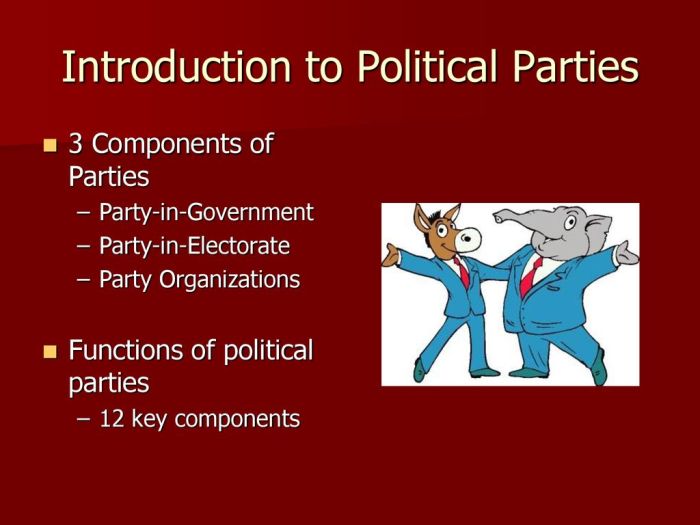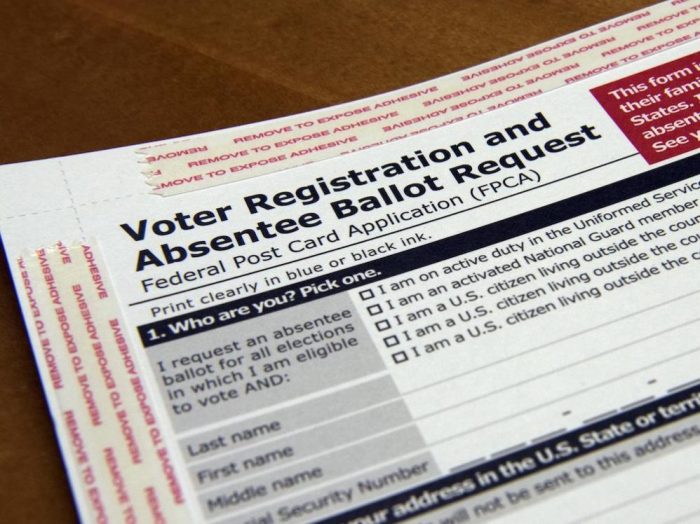How did patronage contribute to government incompetence and fraud? This question delves into the insidious influence of patronage, a practice that undermines meritocracy and fosters corruption, eroding public trust and damaging the very fabric of government. From historical perspectives to contemporary case studies, this analysis unravels the mechanisms by which patronage compromises government efficiency, facilitates fraudulent activities, and erodes public confidence.
Patronage, the practice of appointing individuals to positions based on political loyalty rather than merit, has a long and checkered history. Its impact on government incompetence and fraud is undeniable, as it undermines the principles of fair competition and accountability that are essential for effective governance.
Patronage and its Influence on Government Efficiency

Patronage, the practice of appointing individuals to government positions based on political loyalty rather than merit, has a profound impact on government efficiency. It compromises merit-based hiring and promotions, as unqualified individuals may be appointed to key positions due to their political connections.
Political loyalty can also influence decision-making and performance evaluations, leading to biased outcomes and reduced accountability.
Patronage and Unqualified Appointments
- In the United States, the Bush administration’s patronage appointments led to the appointment of unqualified individuals to positions in the Department of Homeland Security and the Environmental Protection Agency.
- In Italy, the Berlusconi government’s patronage practices resulted in the appointment of numerous unqualified individuals to high-level positions in the public administration.
Patronage and its Role in Fostering Fraud

Patronage can facilitate fraudulent activities within government agencies by providing political connections that shield corrupt officials from accountability. Corrupt individuals may be appointed to positions that give them access to public funds or resources, allowing them to engage in fraudulent activities.
Case Studies of Patronage-Related Fraud
- In Brazil, the “Operation Car Wash” scandal revealed a massive corruption scheme involving patronage appointments in the state-owned oil company Petrobras.
- In Ukraine, the “Yanukovych regime” used patronage to appoint corrupt individuals to key positions in the government, leading to widespread fraud and embezzlement.
Impact of Patronage on Public Trust
Patronage erodes public trust in government institutions by creating the perception of unfairness and favoritism. When unqualified individuals are appointed to key positions or when corrupt officials are shielded from accountability, citizens lose confidence in the government’s ability to act in the public interest.
Public Backlash against Patronage Practices
- In South Korea, public outrage over the appointment of unqualified individuals to government positions led to the impeachment of President Park Geun-hye.
- In the United States, the Trump administration’s patronage appointments have been met with widespread criticism and have contributed to declining public trust in the government.
Historical and Contemporary Perspectives on Patronage
Patronage has a long history in political systems, dating back to ancient Greece and Rome. In modern democracies, patronage practices vary widely, with some countries having strong merit-based systems while others rely heavily on patronage appointments.
Patronage in Modern Democracies vs. Authoritarian Regimes
- In modern democracies, patronage practices are often more subtle and less institutionalized than in authoritarian regimes.
- In authoritarian regimes, patronage is often used as a tool to control and suppress political dissent.
Global Case Studies of Patronage and its Consequences

Patronage systems vary widely across countries, with varying degrees of impact on government efficiency and fraud. Some countries have successfully reformed their patronage systems, while others continue to struggle with its negative consequences.
Best Practices and Lessons Learned, How did patronage contribute to government incompetence and fraud
- Singapore has implemented a strong merit-based system that has reduced the influence of patronage in government appointments.
- The United Kingdom has introduced independent oversight bodies to monitor patronage appointments and promote transparency.
Theoretical Frameworks for Understanding Patronage
Patronage can be analyzed through different theoretical frameworks, including rational choice, institutionalism, and social exchange. These frameworks provide insights into the motivations and mechanisms behind patronage practices.
Patronage and Rational Choice Theory
- Rational choice theory suggests that individuals engage in patronage to maximize their personal benefits, such as access to power or financial gain.
- Patronage appointments can be seen as a form of exchange, where political loyalty is rewarded with government positions.
Question Bank: How Did Patronage Contribute To Government Incompetence And Fraud
How does patronage contribute to government incompetence?
Patronage appointments often prioritize political loyalty over merit, leading to unqualified individuals being placed in key positions. This undermines expertise and decision-making, resulting in incompetent governance.
What role does patronage play in fostering fraud?
Patronage creates a system where political connections can shield corrupt officials from accountability. This facilitates fraudulent activities within government agencies, as individuals may be less likely to report or investigate wrongdoing due to fear of retaliation.
How does patronage erode public trust?
Patronage practices create a perception of unfairness and favoritism, damaging the legitimacy of government. When citizens perceive that positions are awarded based on political connections rather than merit, they lose trust in the ability of government to act in their best interests.
